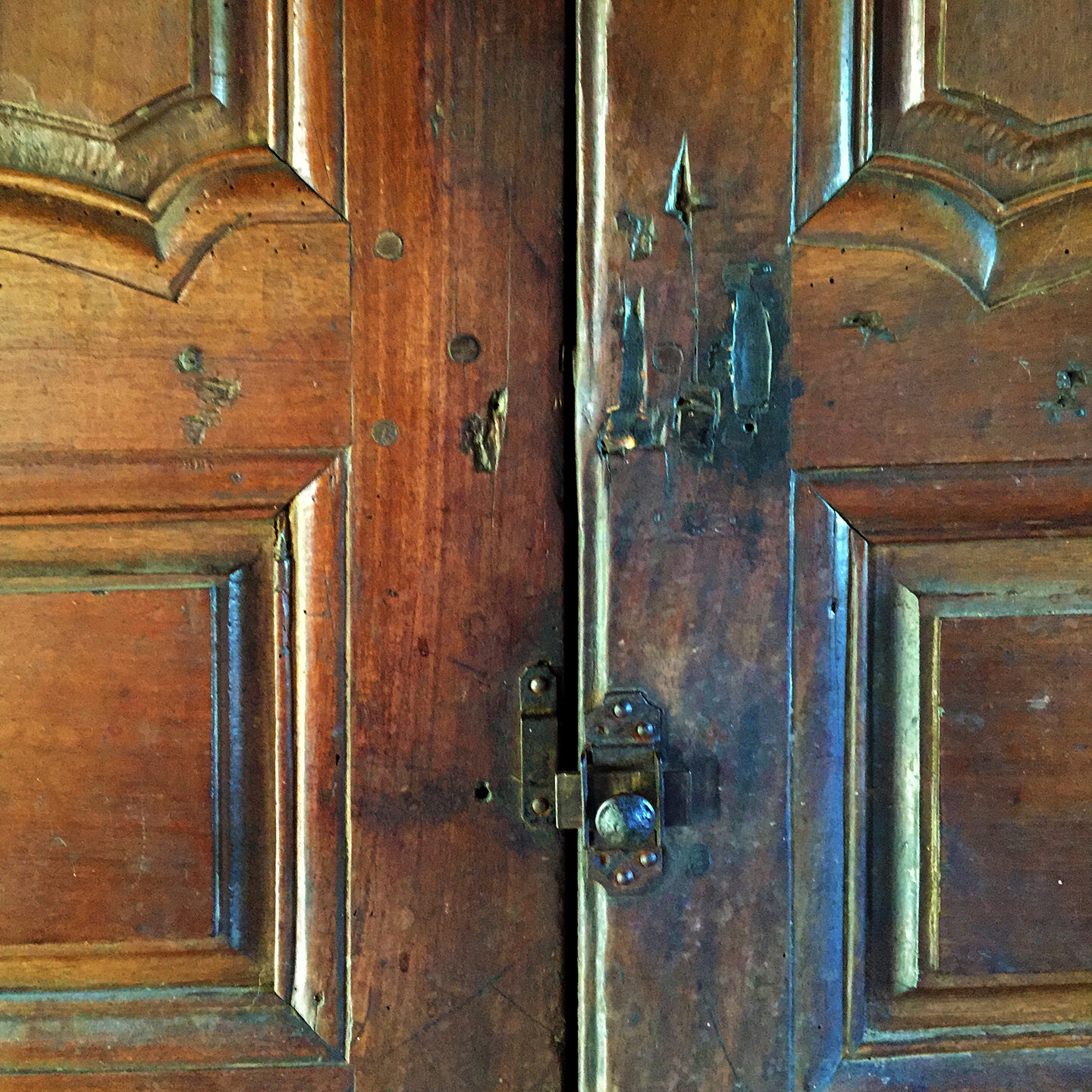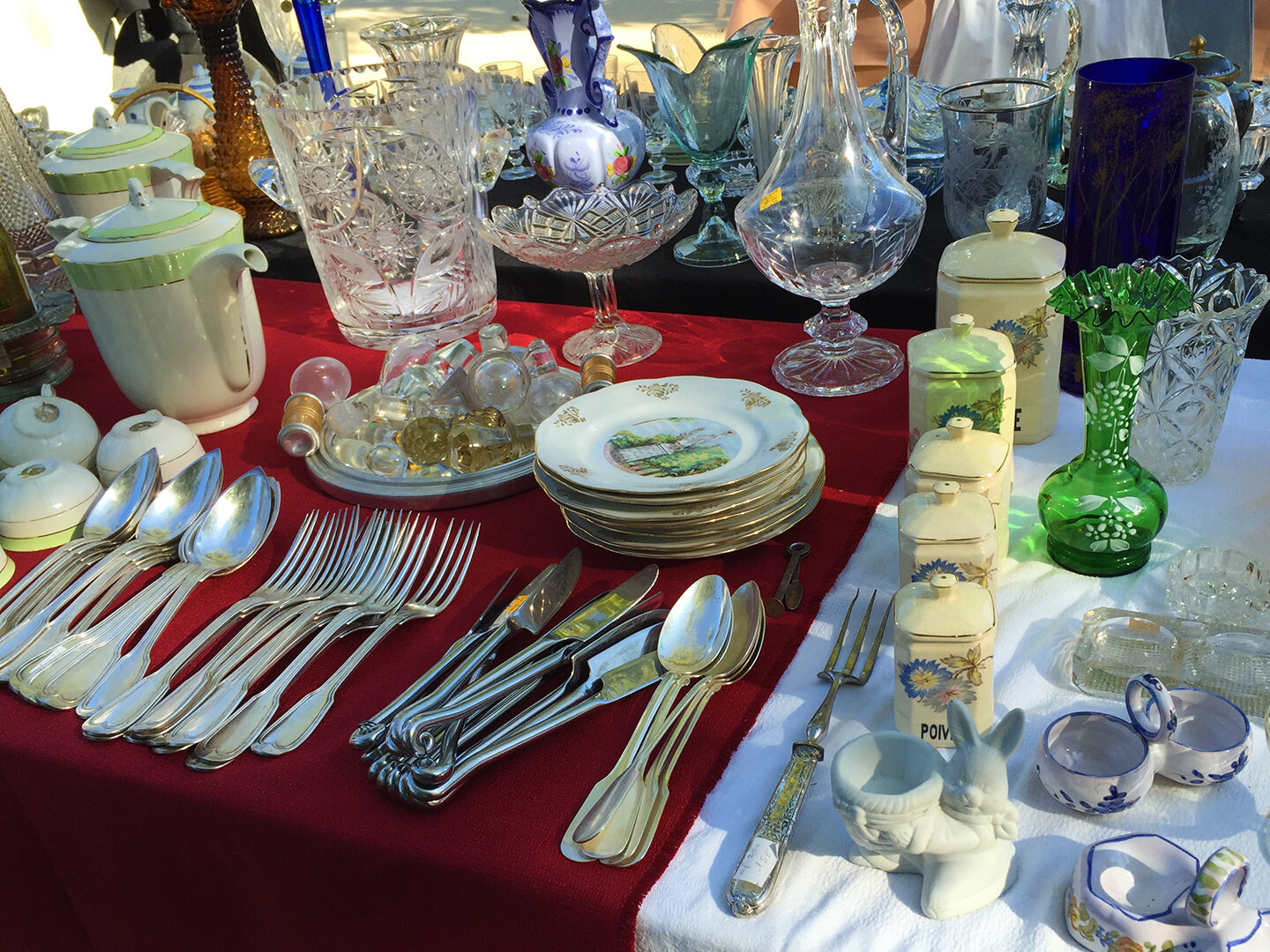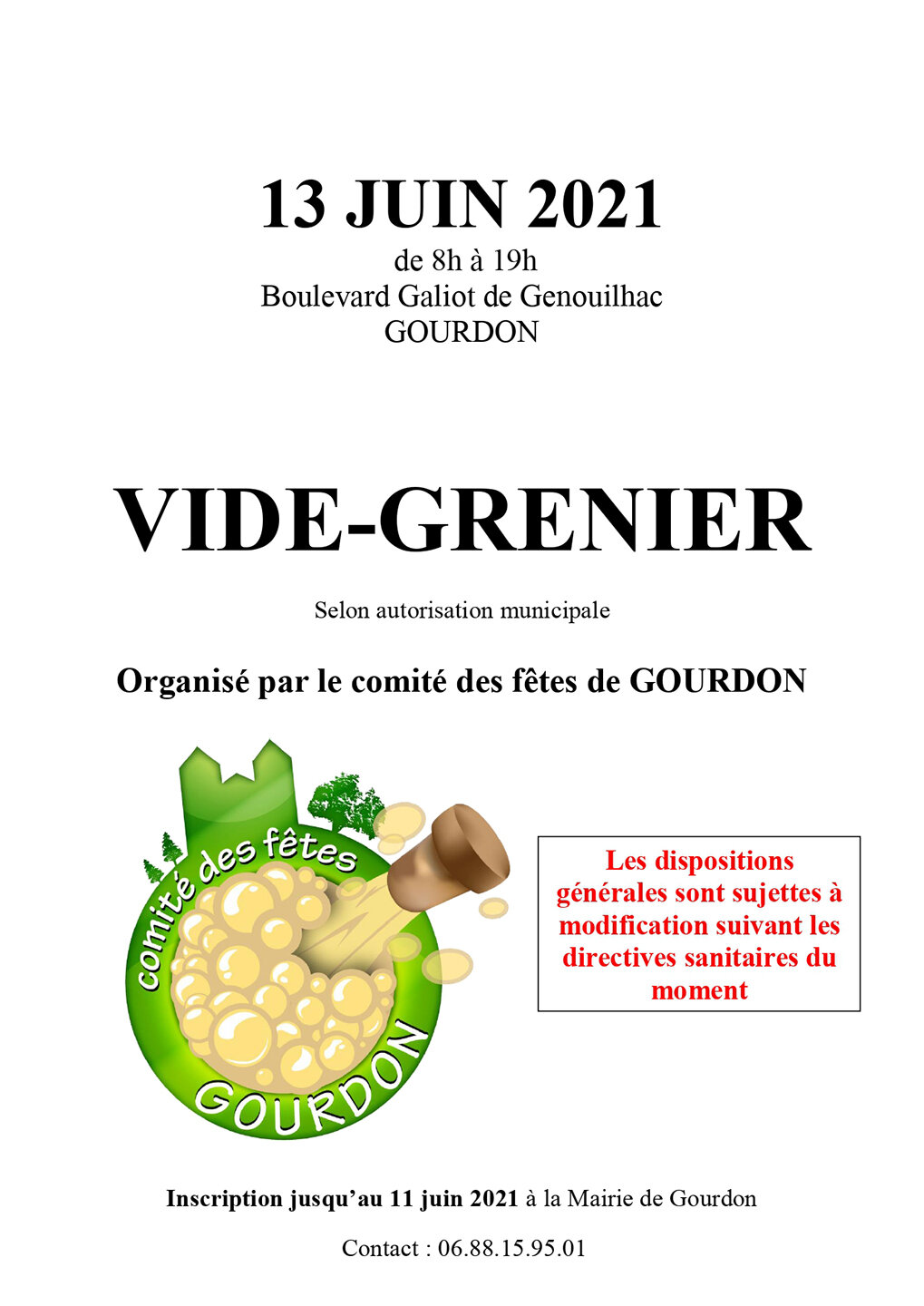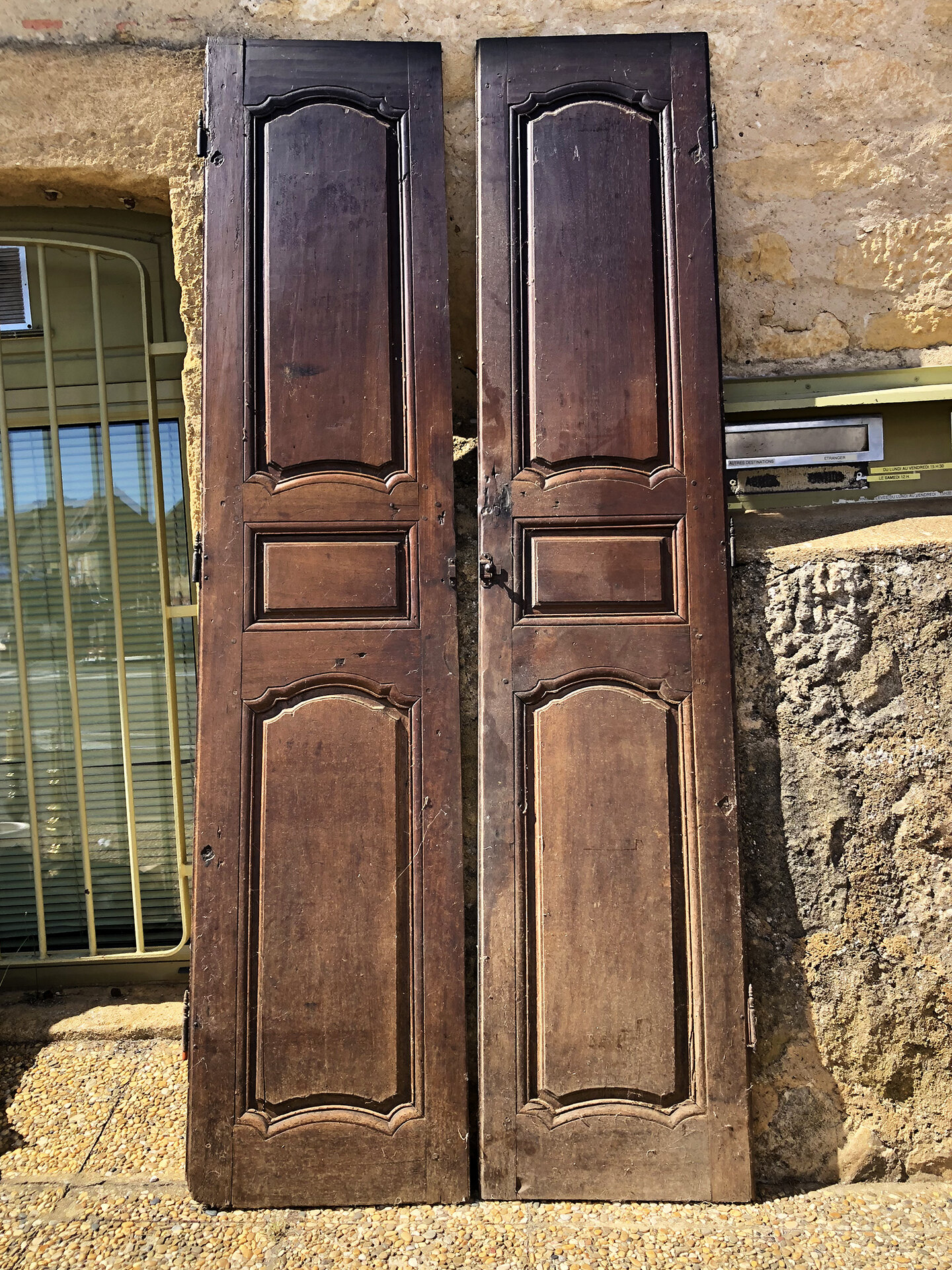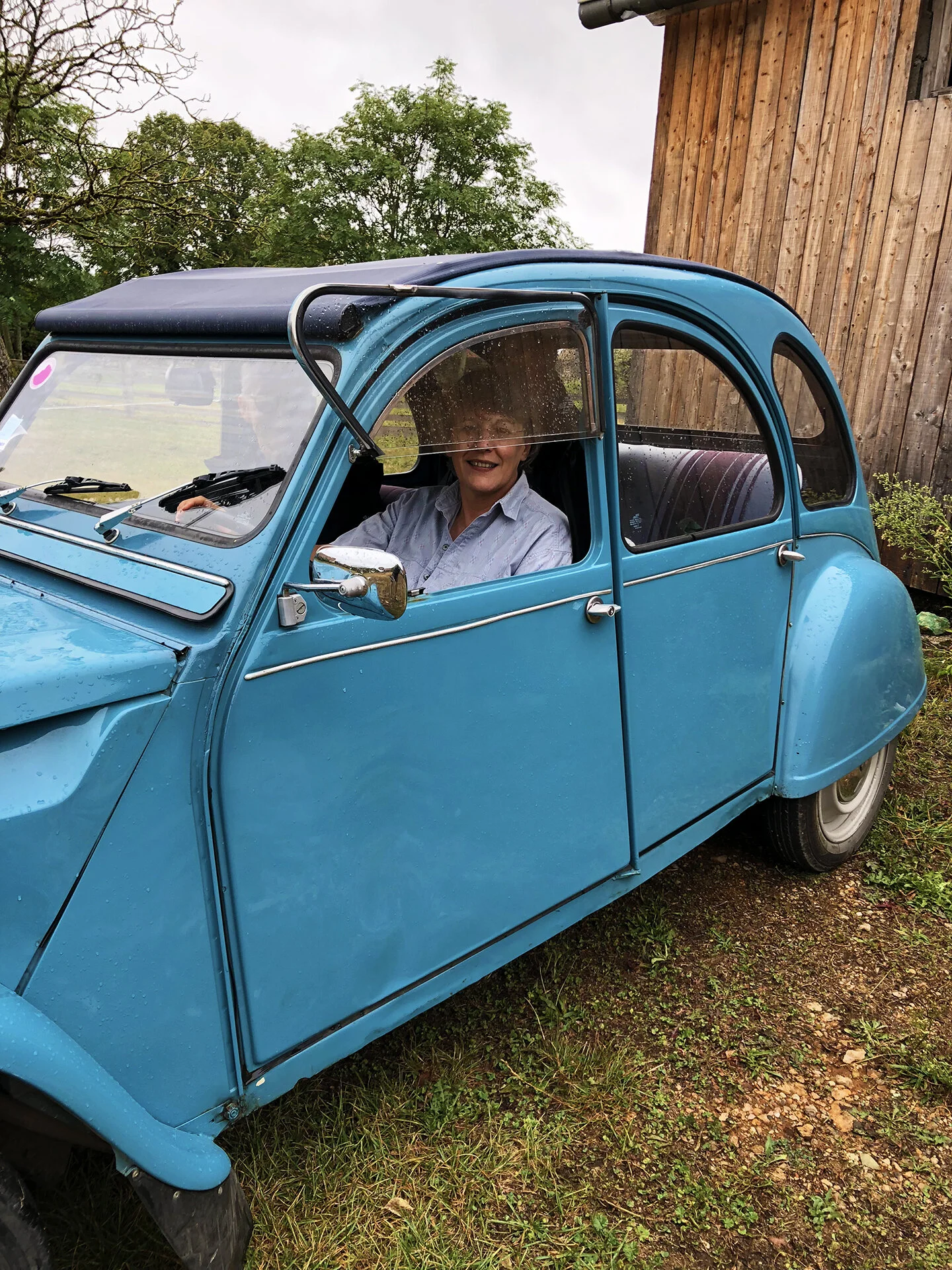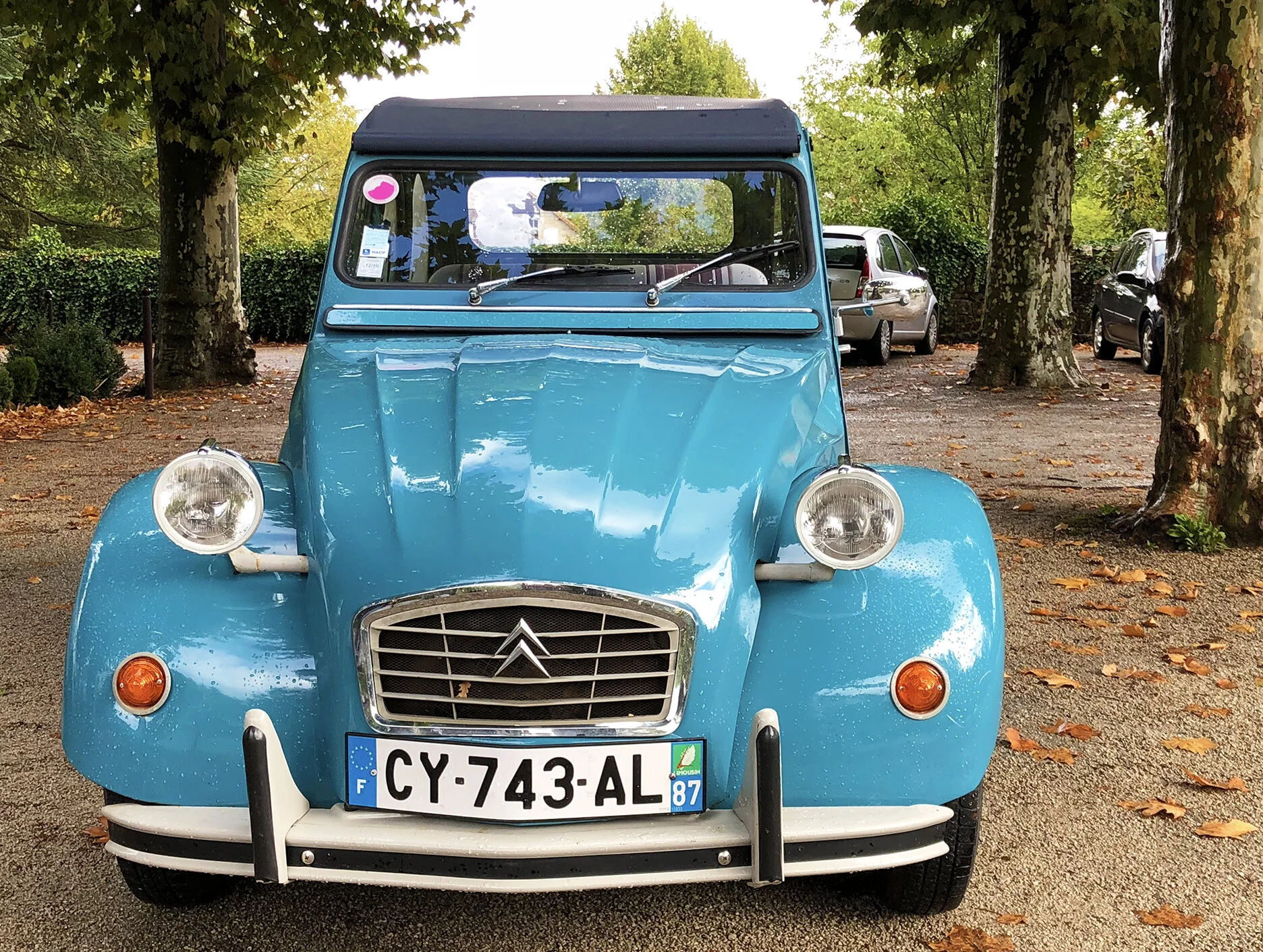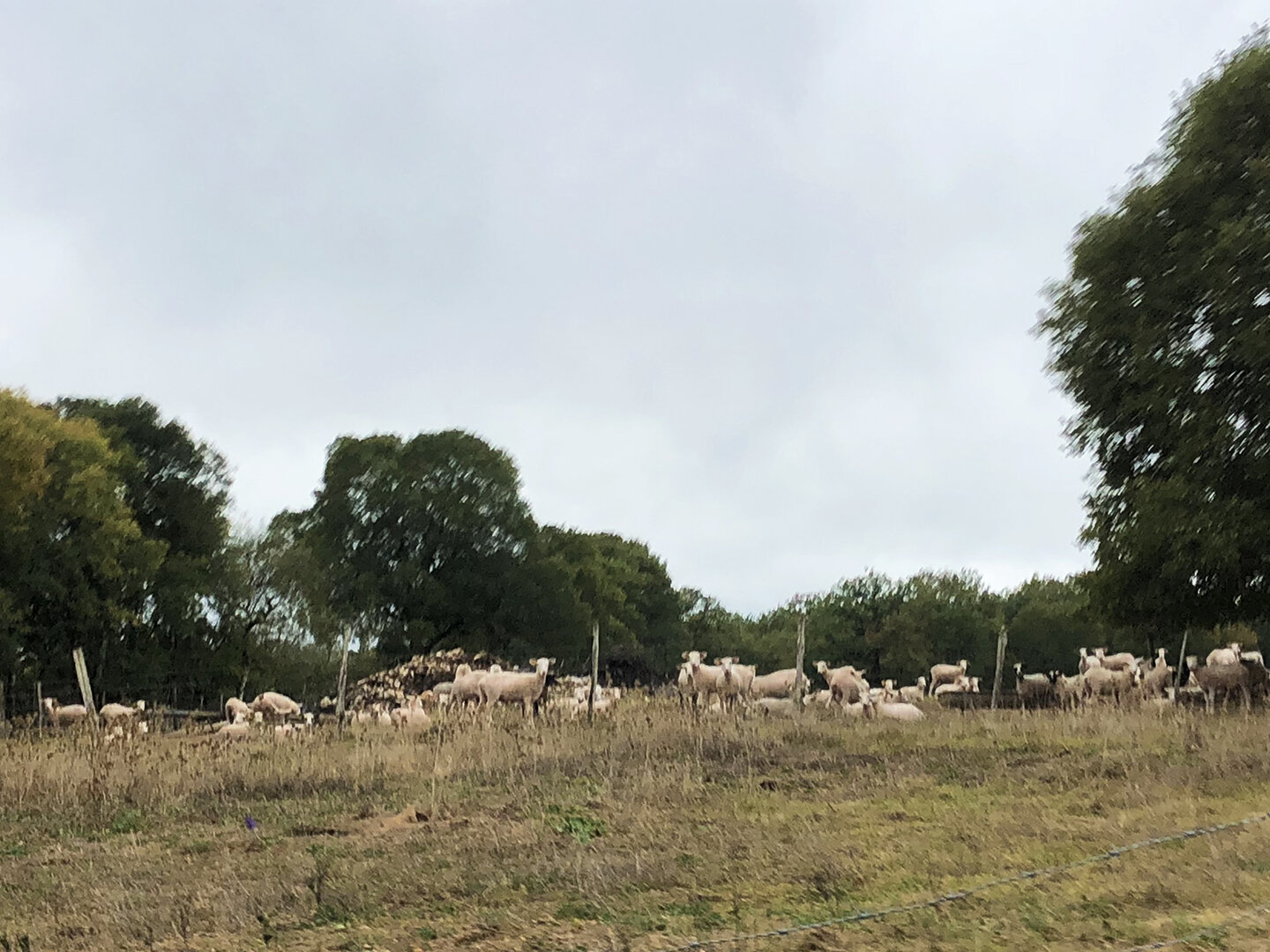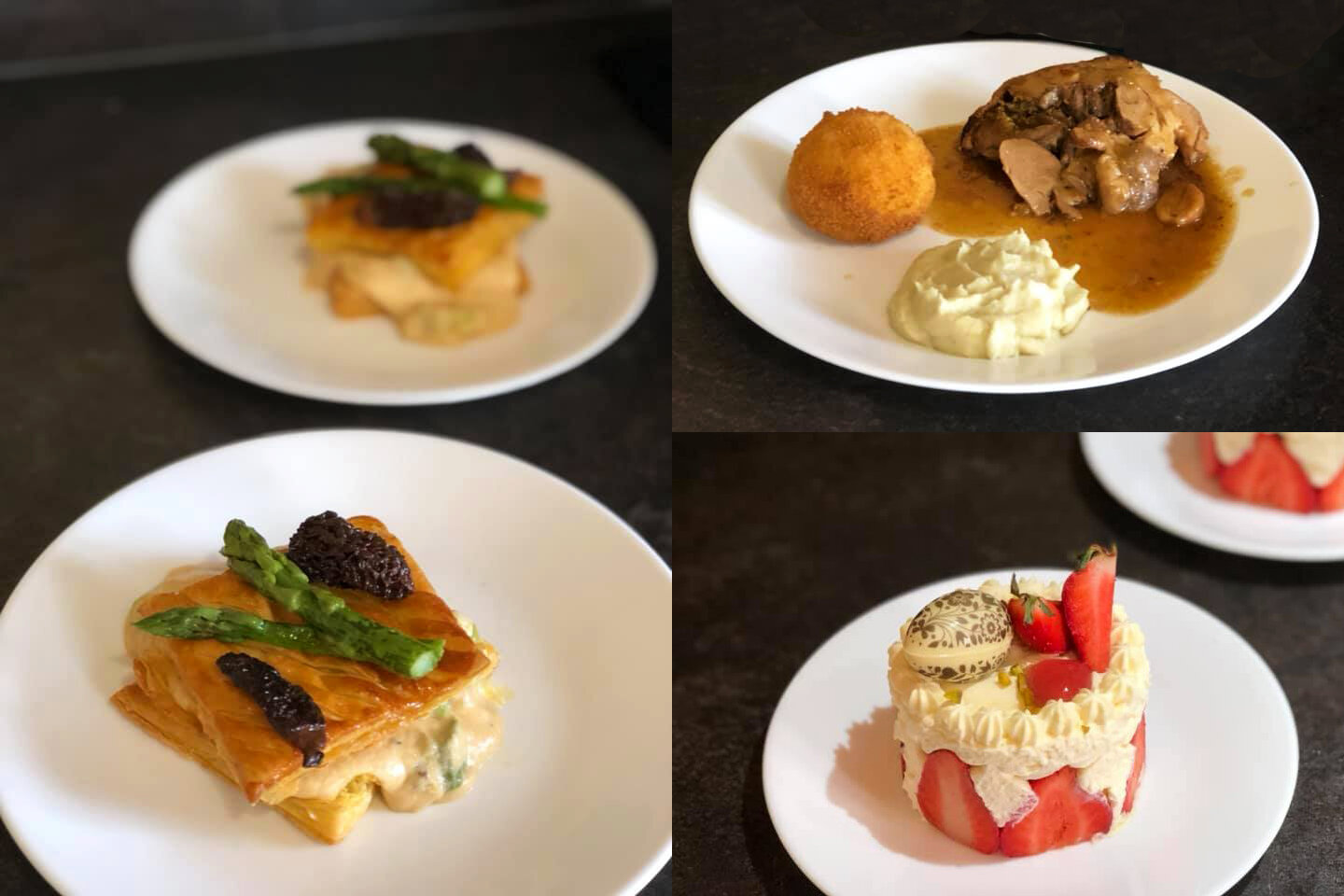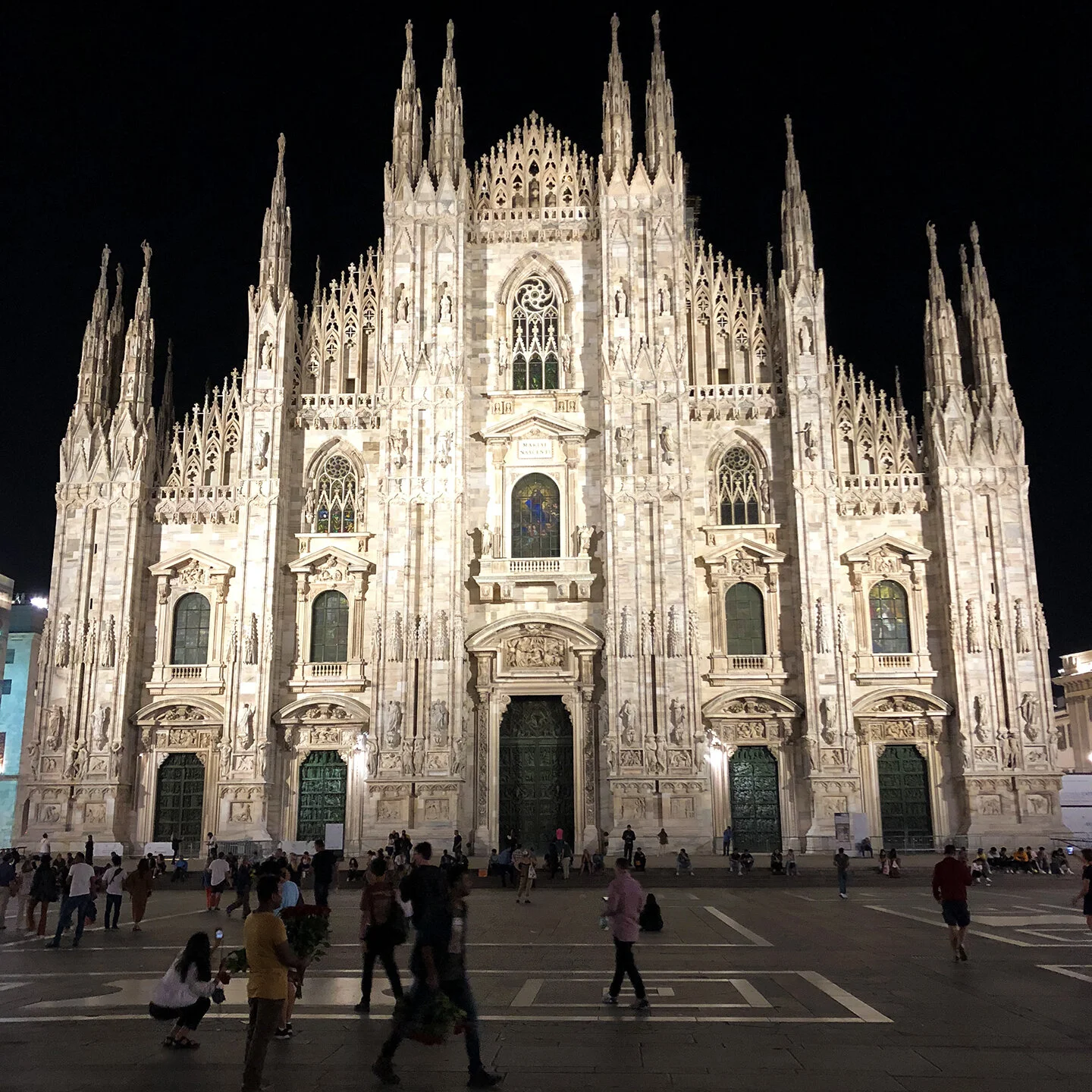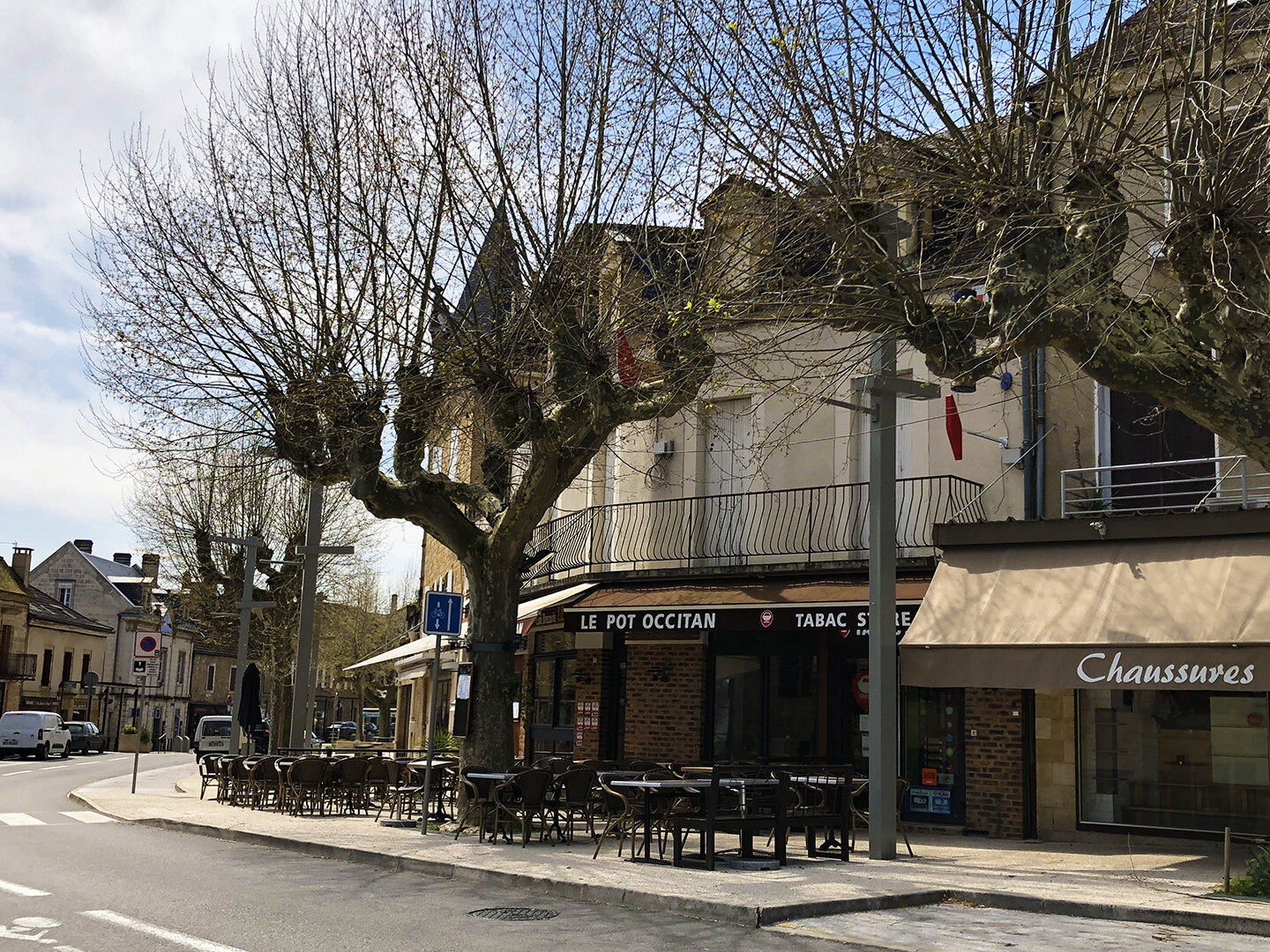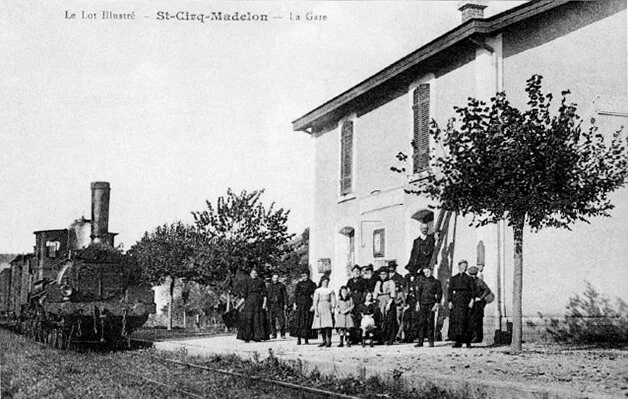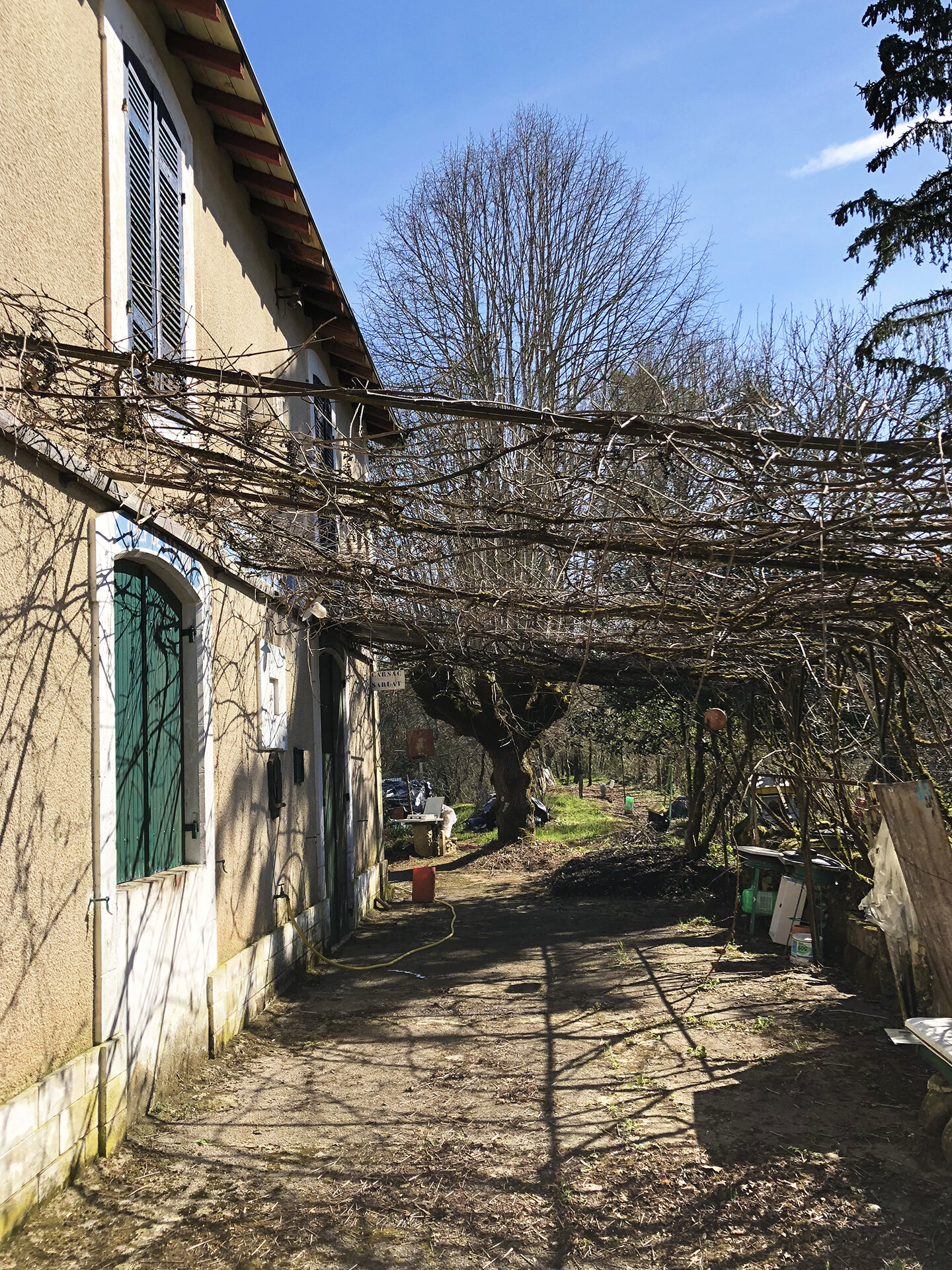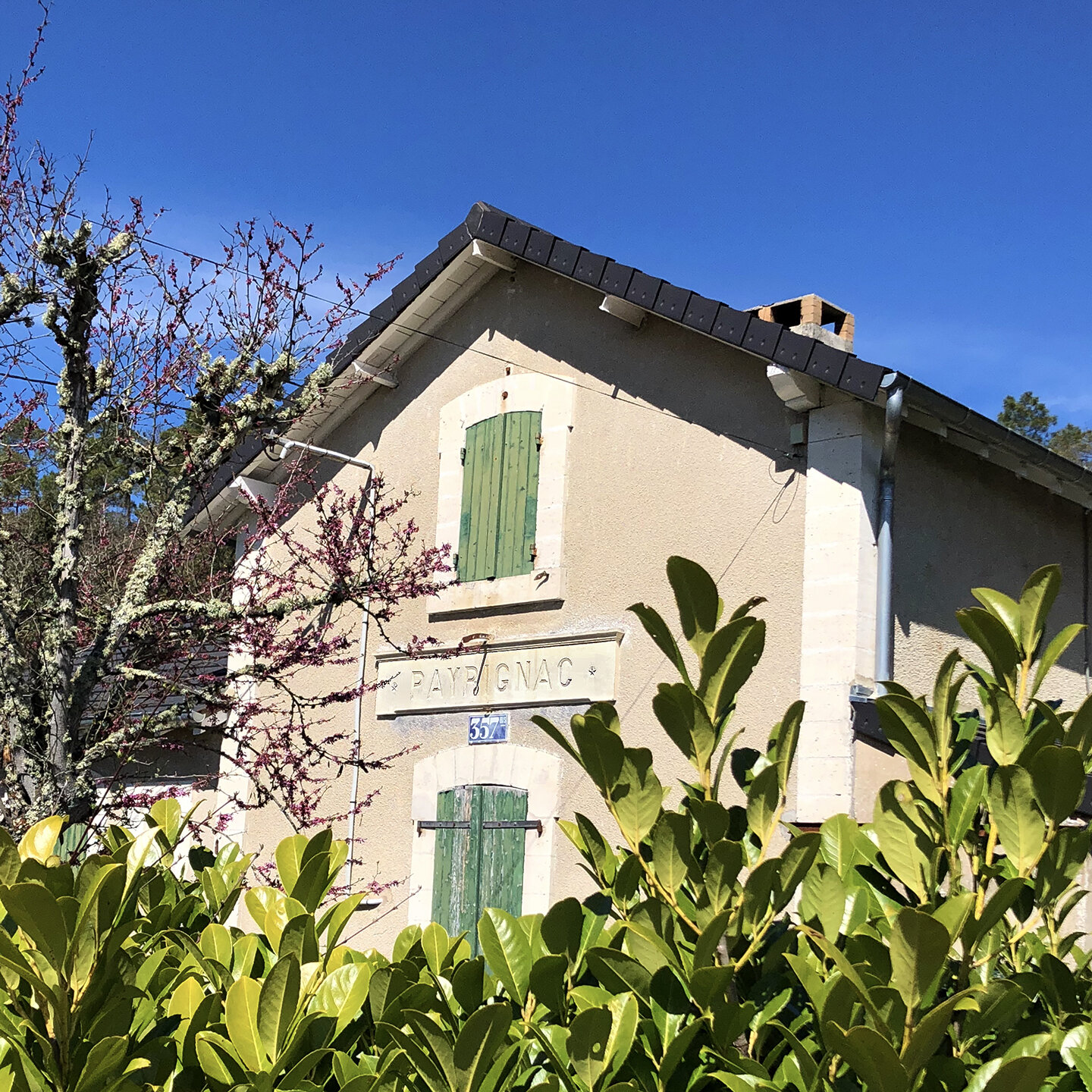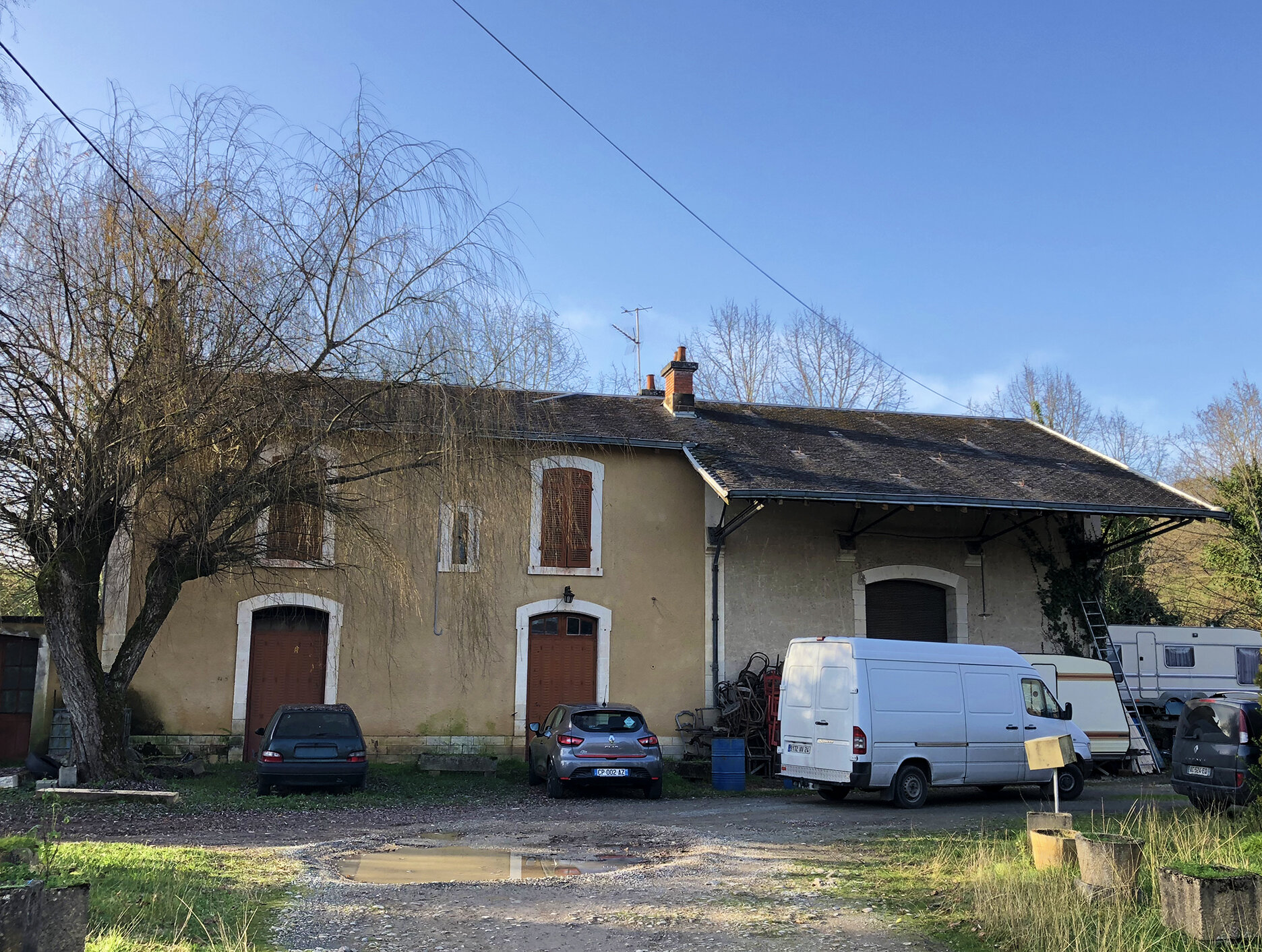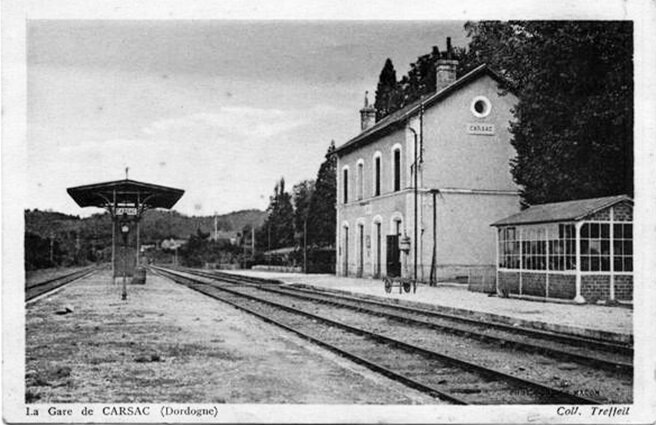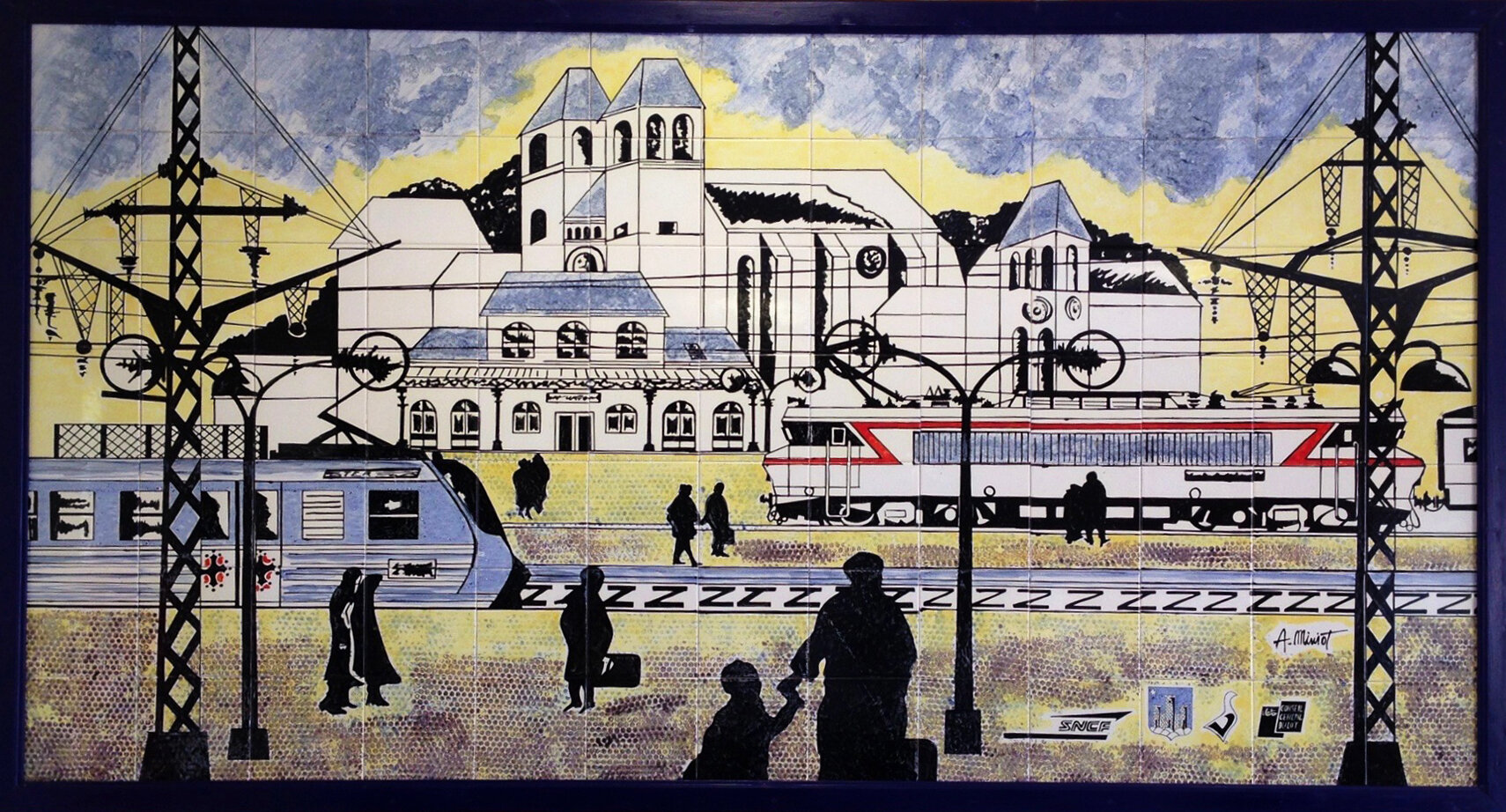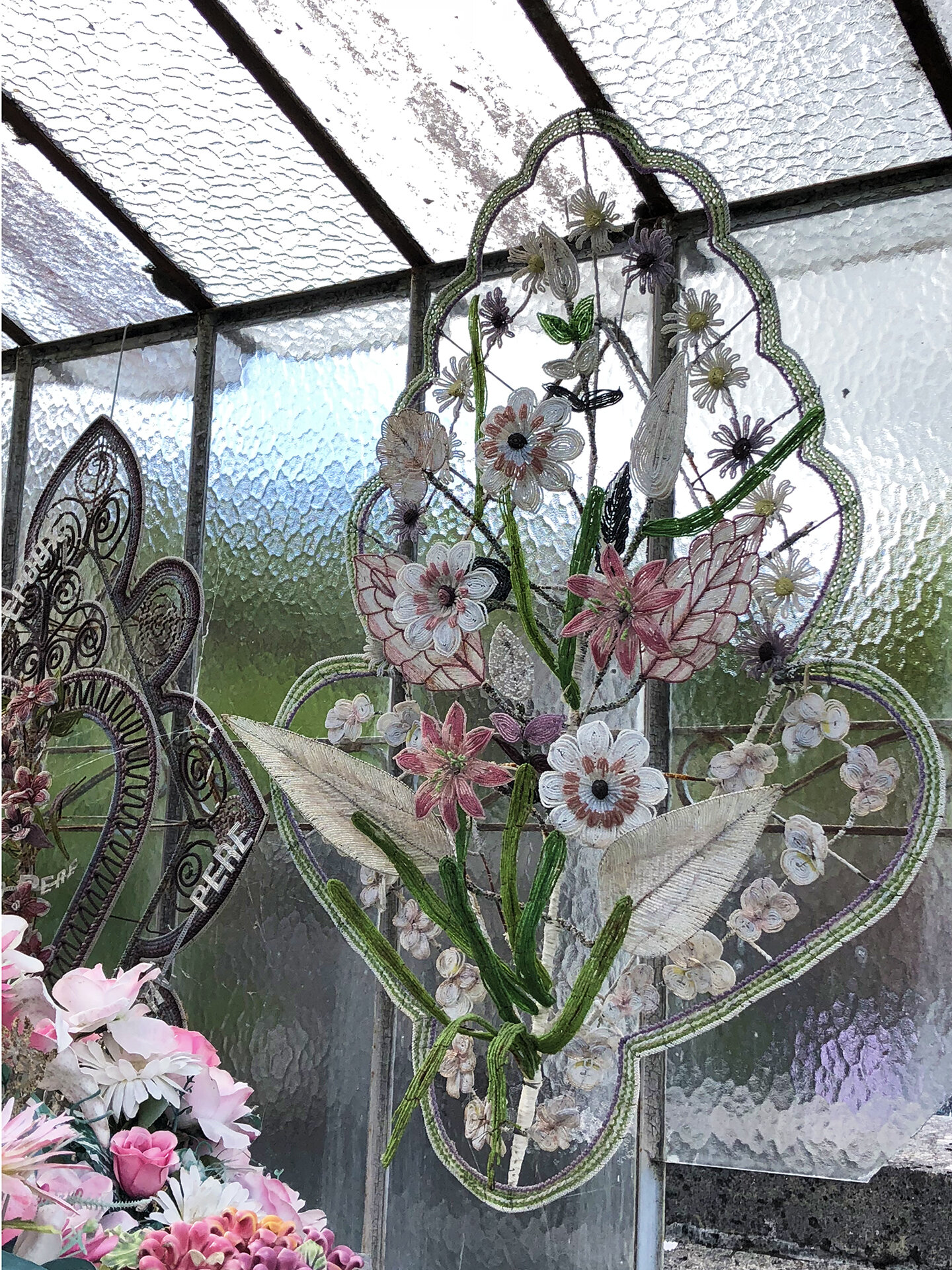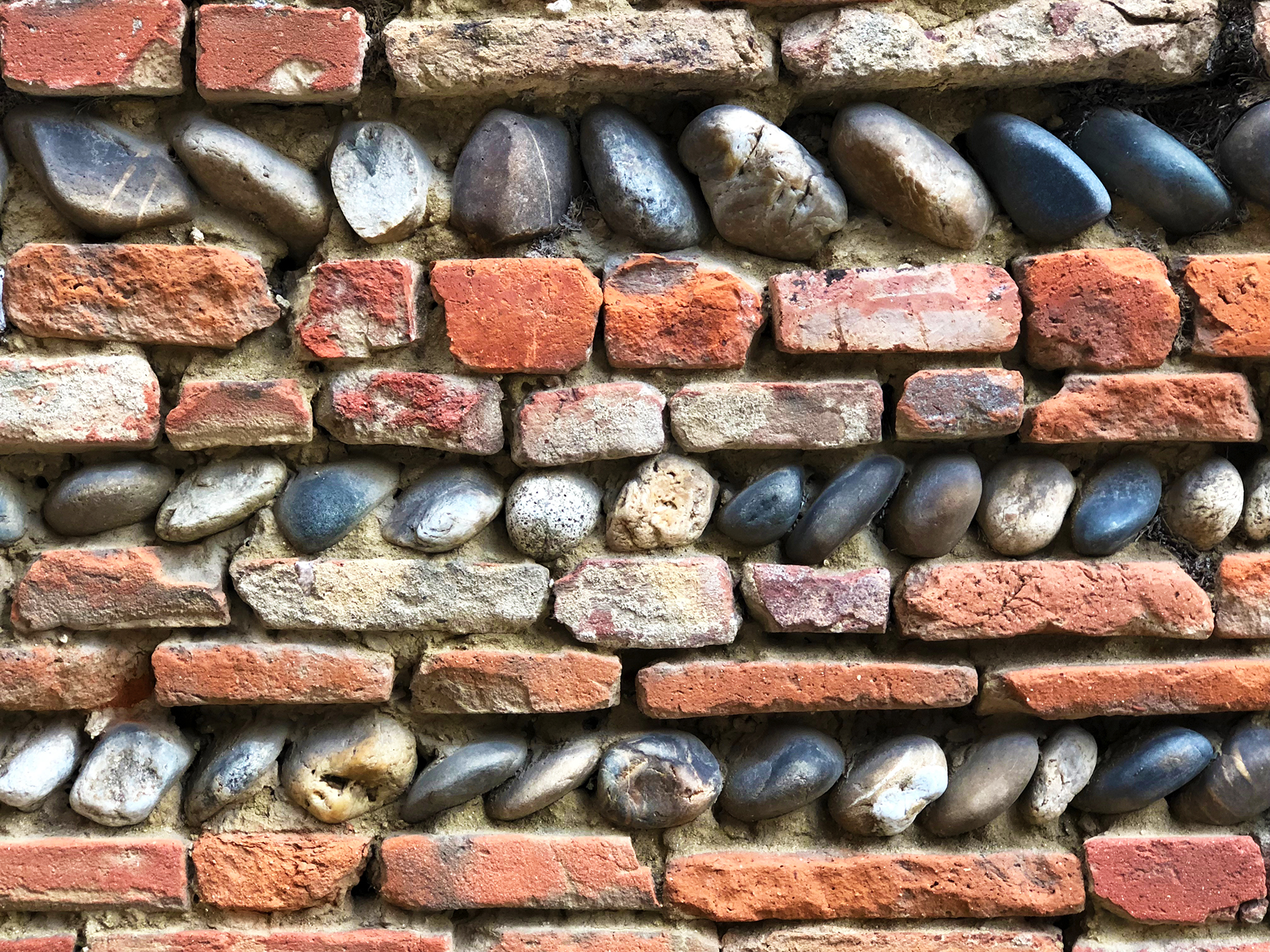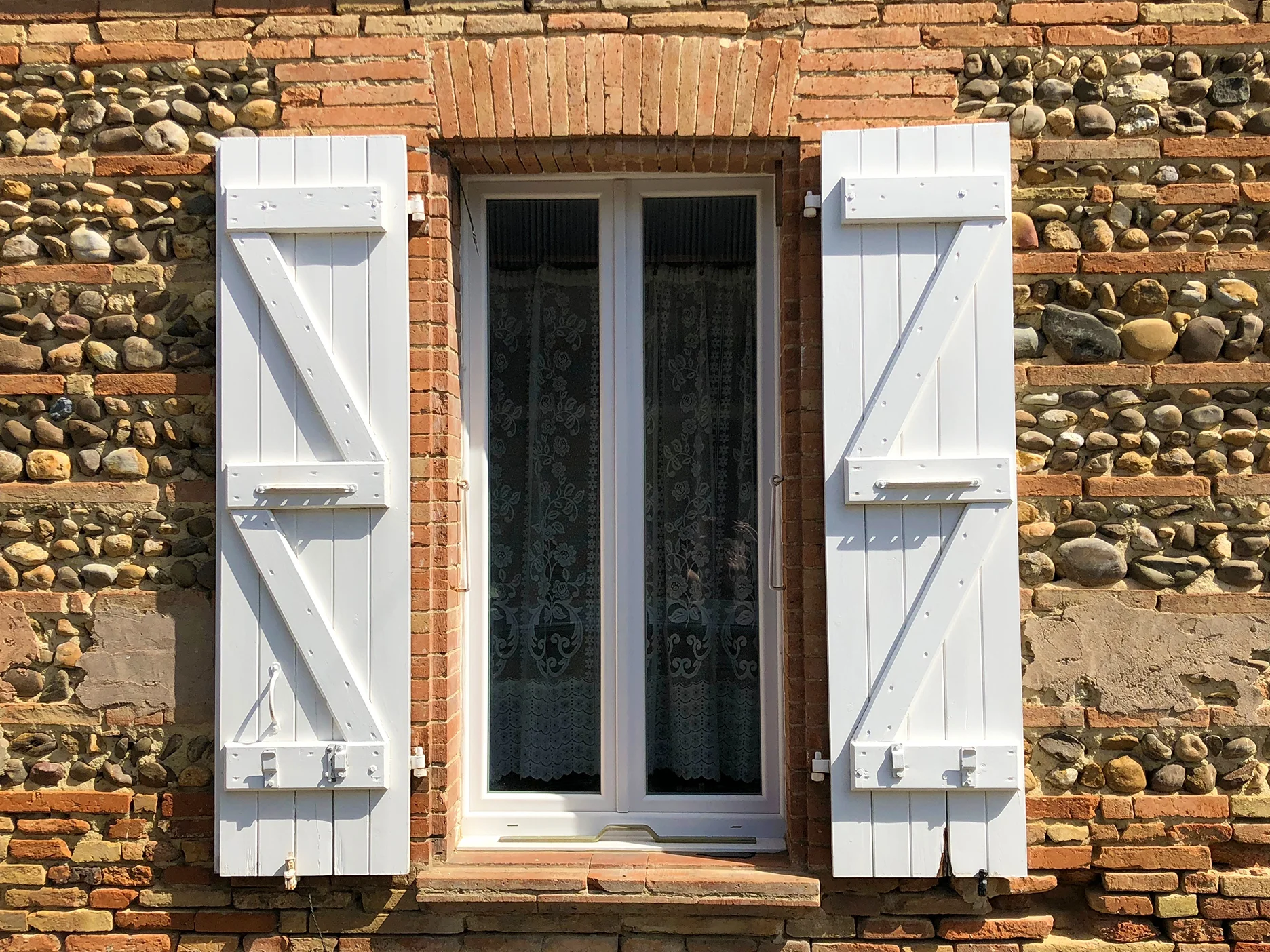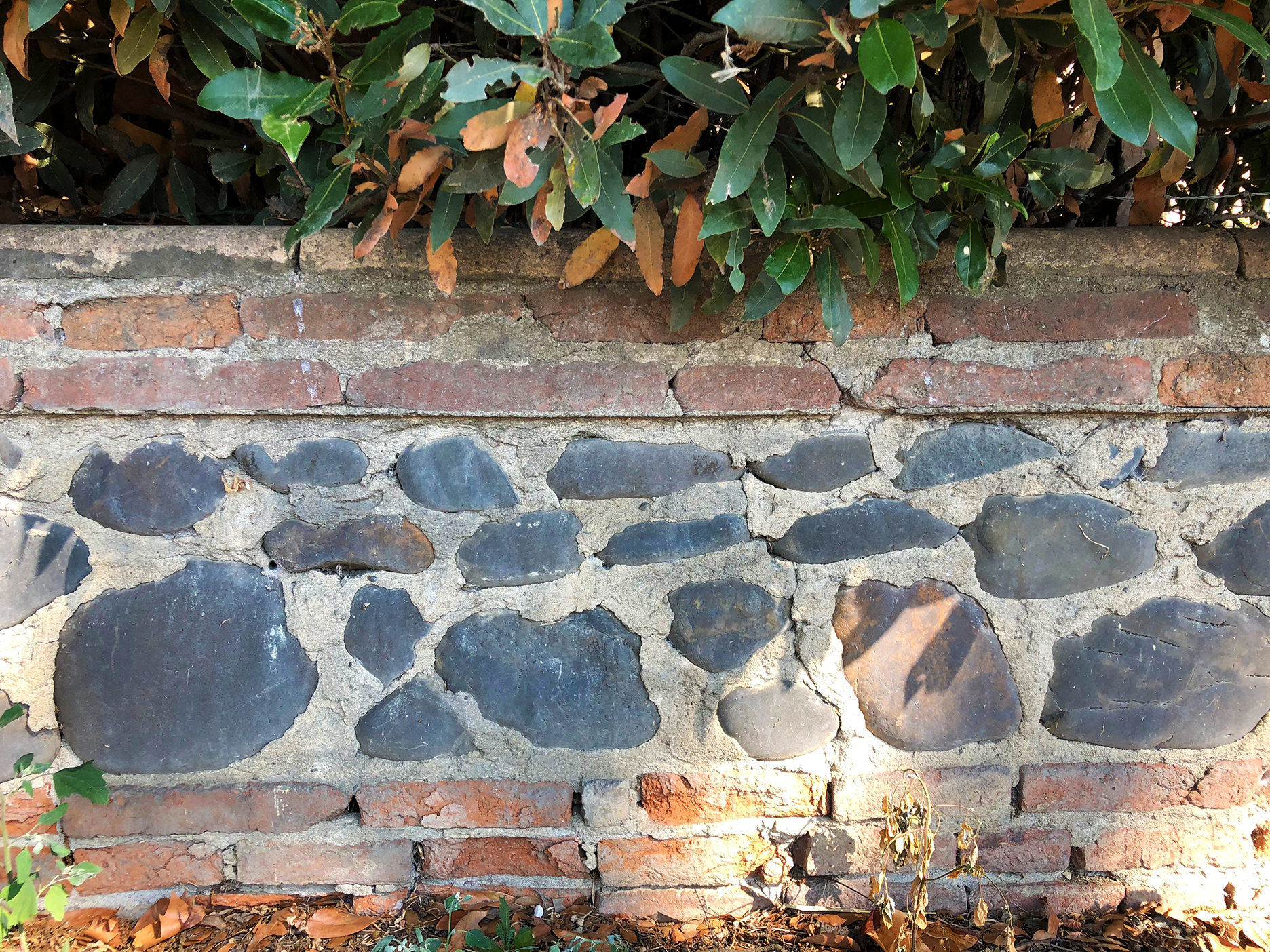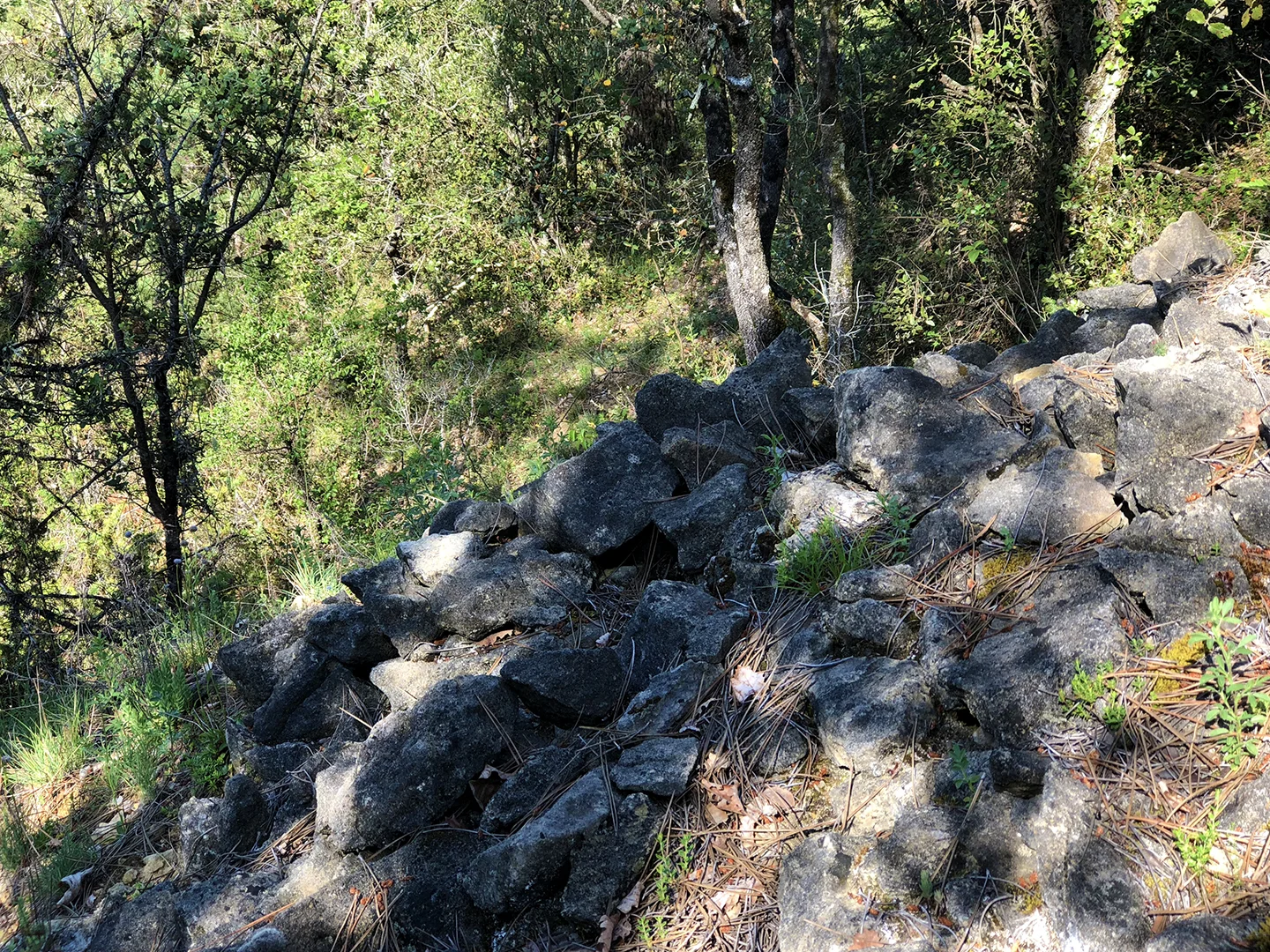Some people are born chineurs, others don’t particularly relish haggling over somebody else’s “treasures.” I guess we fall into that second category. While we enjoy browsing a good brocante, and we do make occasional purchases, we rarely wear the seller’s hat. Truth be told: in all our years in California, we set up only one garage sale, a couple of weeks before packing our container and leaving for France.
Such treasures can be found at a typical vide-grenier
Two years after moving into our renovated home, it became apparent that our garage was still full of “treasures.” If we had any hope of ever parking a car in there, we needed to sign up for a vide-grenier: it’s the French equivalent of a garage sale, except that they are organized by the city on specific dates. A designated area, be it a square or a street, is closed to traffic for the day; you pay a small fee to rent your space; you haul your stuff and set up your booth; and you spend the day in the company of other sellers who, like you, dearly hope to drive home an empty vehicle at the end of the event.
Perfect timing!
Gourdon scheduled their yearly vide-grenier in mid-June and that worked perfectly for us. I paid my ten euros to reserve five linear meters and, on a bright and early Sunday morning, we drove two filled cars and a trailer to town. Our designated area was on the place de la Poste, a good luck/bad luck situation. I knew we would be standing in full sun all day long and the forecast was a smoldering 95ºF (we did have a tent for shade.) On the other hand, our space was right next to the mail slots and the distributeur automatique: at least, we could count on some people waiting in line by our table and strolling with cash in their pocket!
Our booth in front of the Post Office
Our assortment of wares was predictably eclectic as we displayed many decor items from the US that were in excellent condition and a lot of very old objects that we had pulled from my grandparent’s house before the demolition. They included a vast selection of rusty tools, a rickety homemade crib on wheels, a couple of andirons from the fireplace, a large chipped confit pot, Sarreguemines dishes, a set of wooden skittles and balls, an old-style license plate…The most popular items turned out to be the most unusual ones: my grandfather’s copper tanks that he strapped on his back to spray the vineyards were bought by someone who planned to convert them into beehives. Two graduated enamel jugs that were originally used for enemas also garnered a lot of attention and chuckles: they routinely get upcycled as garden planters to hang on walls. Interesting conversation pieces, if you ask me!
Our armoire doors
Business was brisk in the morning but died around noon when people left for lunch and didn’t return because of the oppressive heat. Everybody was ready to call it a day by 4:30 pm when Bernard, a family friend, stopped by to say hello. He, too, was starting to pack up his stuff when he commented on our wooden armoire doors and expressed interest. In my grandparents’ house, they were hung between the fireplace and the stone sink; they covered a recessed area in the stone wall that was lined with wooden shelves and served as a cupboard. Seven-and-a-half feet tall, darkly stained with brou de noix, these imposing doors concealed my own version of Ali Baba’s cavern: there was the cast-iron Dutch oven that Grandma used to make her fantastic pommes de terre sarladaises; the cloth napkins we used everyday and the good dishes reserved for Sundays; a round plastic box full of thread, needles, and notions; a square wooden box that held her enormous collection of buttons of all shapes and colors; a rectangular metal tin (Chamonix orange!) where she stored chocolate bars and petits beurre; a bag of hard candies, the little pink minty coins that she (and I) loved so much. If I had a cut or a scratch, Grandma would reach for the bottle of eau-de-vie in the cupboard and used it to disinfect the wound. It stung but smelled much better than rubbing alcohol! And there was a strange, leathery, wrinkled pear confined in the bottle, bathing in the clear liquid. It was magical.
The cupboard without its doors
We pulled the armoire doors off the wall prior to the house demolition/renovation. I could not imagine parting with them when they bore the invisible fingerprints of Grandma and my great-grandmother Françonette. Alas, after they languished in the garage for three years, we still hadn’t found the appropriate spot for them nor figured out a creative way to use them. I was sad to let them go. When Bernard offered to purchase them, my heart skipped a beat.
Bernard’s house, a former convent
You see, there is an intriguing connection between my great-grandmother and Bernard: he lives in the house where she learned to read! It was built in the 16th century on church property that also included the (still standing) church of Payrignac and the (now privately owned) rectory: it was a convent until 1920. Around 1865, Françonette was lucky enough to get instructed by the nuns. At that time, elementary school was not compulsory in France and children in rural areas only spoke patois. Understanding French and knowing how to read the language was a rare accomplishment, especially for a peasant girl. My aunt was only ten years old when Françonette died but she still remembers her grandmother reading the only book she ever owned: her missal.
The doors in their new home
Bernard wanted to show us where he would display the doors and invited us for drinks the next evening. It was the first time I set foot inside his house and I was truly excited to discover the place where Françonette learned her ABCs. From the garden area in the back, we entered a large room downstairs equipped with three fireplaces and a bread oven: the nuns’ kitchen. From there, he guided us toward a wide stone staircase. Three steps led to a landing and an area rug: to the right, a wide sink carved into the stone used by the nuns for their morning ablutions; to the left, steep stairs leading to a very large public room where classes took place. Right in front of us, a recessed area set in the thick stone wall –presumably a linen closet– was now partially hidden by our wooden doors. The stars had aligned: they looked perfect; they were meant to be there; change and continuity.
We returned to the garden and raised a glass of champagne. I think mémé Françonette smiled and winked at us.
Mémé Françonette
Vocabulary
Le chineur: bargain hunter
La brocante: flea market
Le vide-grenier: public garage sale
Le distributeur automatique: teller machine
Le brou de noix: stain extracted from the green outer husks of walnuts
Le petit beurre: a plain rectangular cookie popularized by LU
L’eau de vie: (f) high-proof alcohol usually drank after coffee
Le patois: local dialect
Thinking about heading out to Paris? My book is perfect to help you plan your trip. Or to reminisce if you can’t cross the pond. Buy a copy of Moments Parfaits in Paris: I'll mail you (from France) a signed bookmark in an envelope bearing this collectible Trésors de Notre-Dame stamp!

